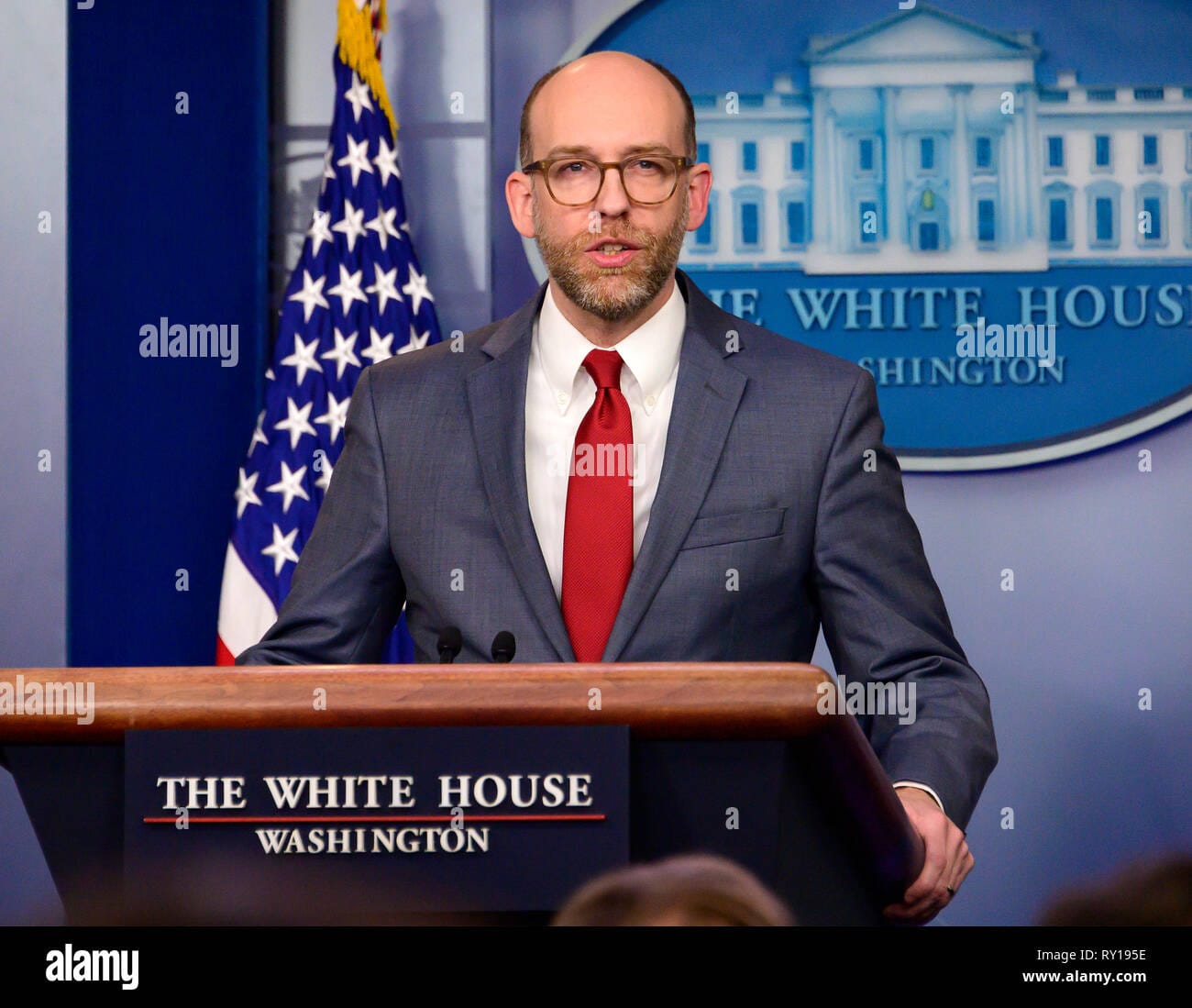The global economic landscape remains fraught with uncertainty as persistent inflation continues to pose significant challenges for policymakers, businesses, and consumers alike. Recent data indicates that inflation rates, although showing signs of moderation in some regions, remain elevated compared to pre-pandemic levels. This situation is prompting renewed discussions about monetary policy, fiscal measures, and the overall trajectory of economic recovery.
In the United States, the Consumer Price Index (CPI) reported a year-over-year increase of 4.2% in September 2023, down from previous highs but still above the Federal Reserve’s target of 2%. The Fed’s response has included a series of interest rate hikes aimed at curbing inflation, but the impacts of these measures are yet to be fully realized. Economists are divided on whether the Fed’s tightening will lead to a soft landing or push the economy into a recession.
Across the Atlantic, the Eurozone is grappling with similar inflationary pressures. The European Central Bank (ECB) has also raised interest rates multiple times in 2023, responding to inflation that has consistently exceeded 5%. The ongoing energy crisis, exacerbated by geopolitical tensions, particularly in Eastern Europe, has further complicated the economic recovery in the region.
Emerging markets are not immune to these challenges either. Countries such as Brazil and Turkey are facing soaring prices, prompting central banks to increase interest rates sharply. The International Monetary Fund (IMF) has warned that high inflation could lead to increased poverty levels and social unrest in these regions, as the cost of living continues to rise.
Furthermore, supply chain disruptions caused by the COVID-19 pandemic and ongoing geopolitical tensions have contributed to inflationary pressures worldwide. The war in Ukraine, in particular, has led to significant increases in energy and food prices, impacting global trade dynamics.
As businesses navigate this uncertain environment, many are adjusting their strategies to cope with rising costs. Companies are increasingly focusing on efficiency improvements, price adjustments, and supply chain diversification to mitigate the impacts of inflation. However, these strategies come with their own set of challenges, including potential impacts on consumer demand and profitability.
Looking ahead, economists emphasize the importance of coordinated global efforts to stabilize prices and promote economic growth. The G20 summit in late 2023 is expected to address these issues, with discussions centered on sustainable economic policies and strategies to combat inflation.
In conclusion, while some signs of economic recovery are evident, the persistent nature of inflation presents a formidable challenge to global economic stability. Stakeholders must remain vigilant and adaptable as they navigate this complex landscape, balancing the need for growth with the imperative to control rising prices.



